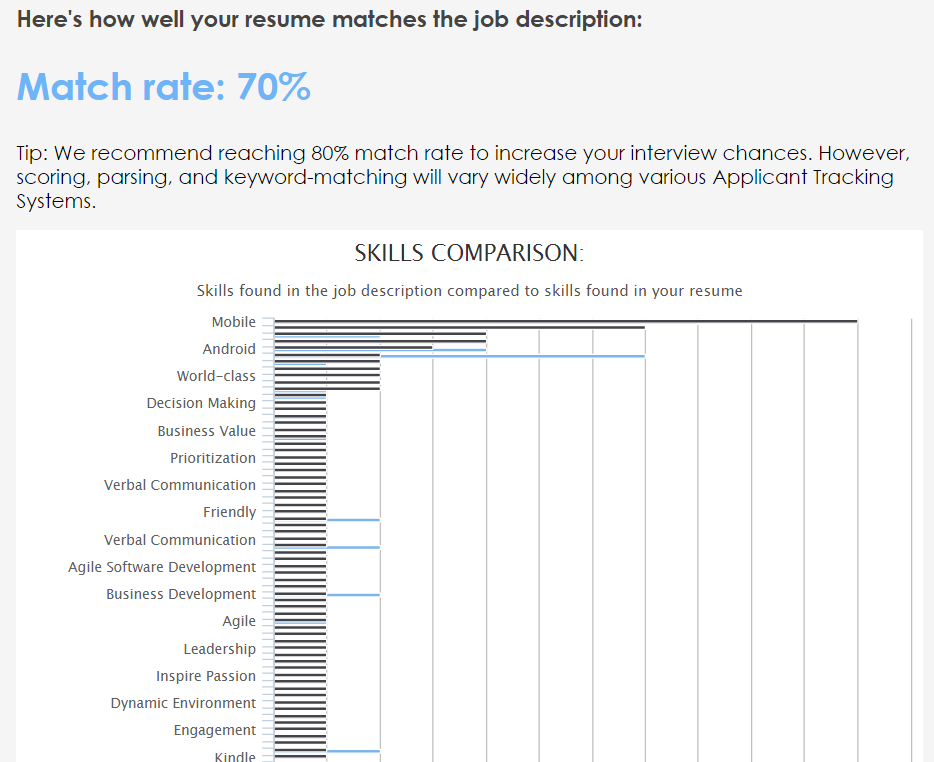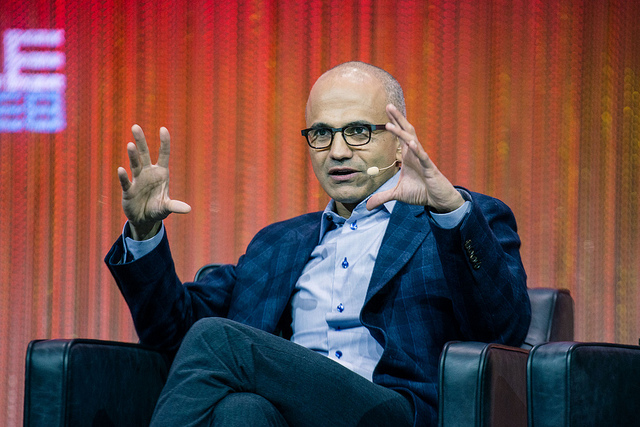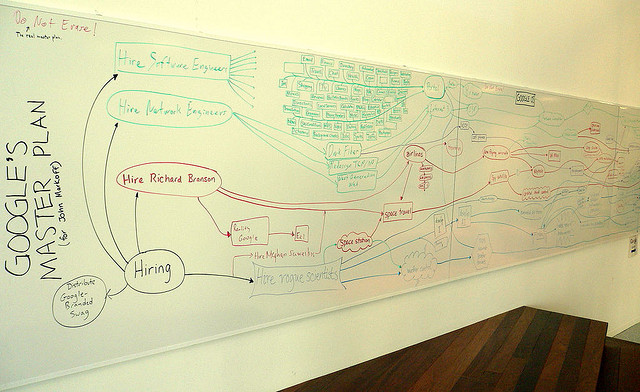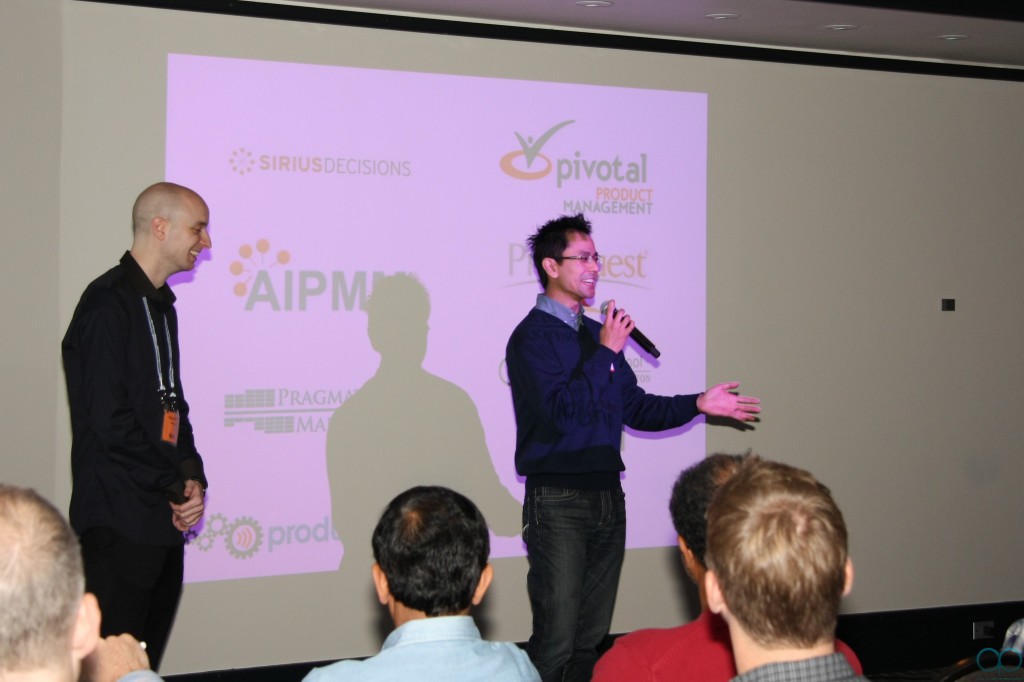Introducing JobScan
December 4th, 2014 by lewis
When a job search tool, JobScan gets 1.1k Facebook likes, they must be doing something right. JobScan is easily one of my favorite job search tools out there. With the proliferation of applicant tracking systems like Taleo, it’s important that your resume reflects the same keywords listed in the job description. JobScan is a free tool that helps candidates do just that. I had a chance to chat with James Hu, the founder, about JobScan and he was kind enough to provide some additional context below. Try it out!
Jobscan tool aims to better equip job seekers by analyzing job descriptions and helping applicants easily identify what skills and keywords are most important to a given employer. By ranking the most important and most frequently-occurring keywords per job description, this tool can help give applicants a competitive edge in their job search efforts. Here’s a testimonial from one of our customers, fresh from my email inbox.
“Jobscan allowed me to customize my resume for a specific job well beyond what I had considered as sufficient. After using this tool, I was able to land the interest of several potential employers within a short time for several positions at various firms. I highly recommend Jobscan for everyone!”
Marcus W. Electrical Engineer, Houston, TX







